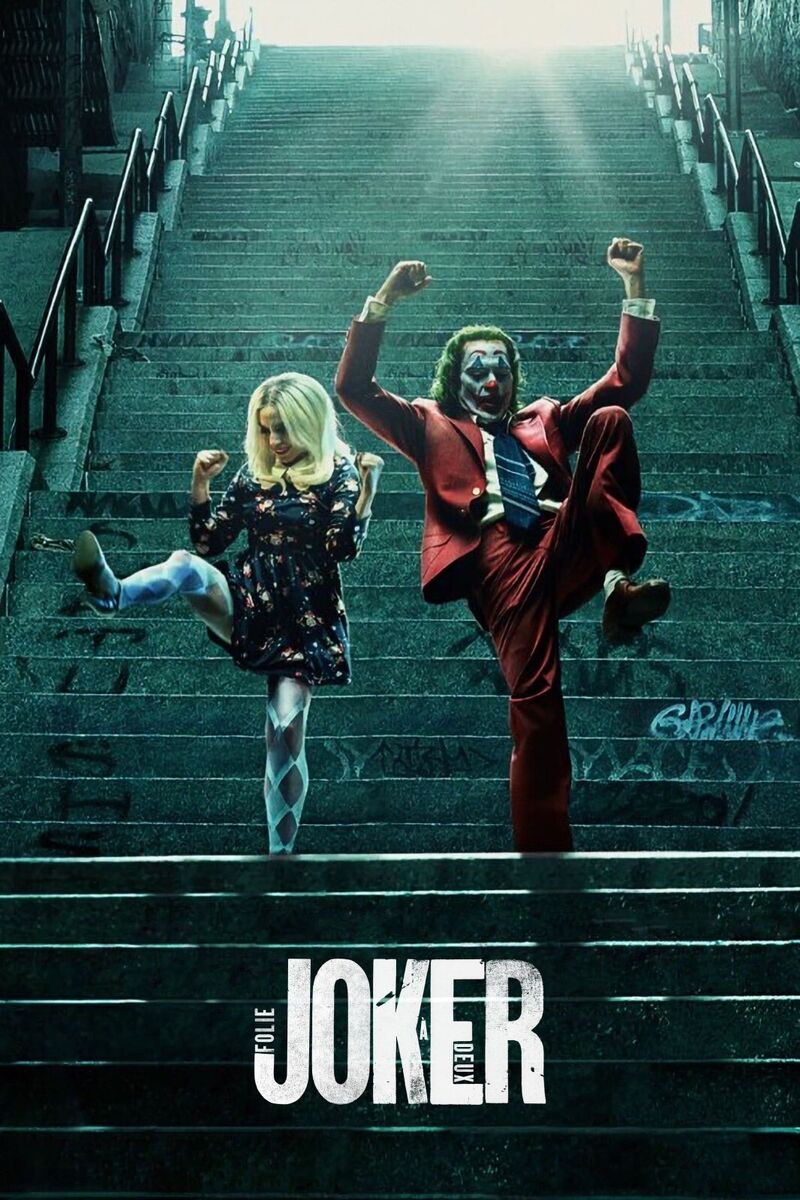
Apart from the uncanny personification of a near mythological American figure, humanizing him to the point of self-presumed betterment and subtle egotism, Spielberg’s Lincoln retains an air of wisdom about him that remains accentuated simply by the surprising sharpness and high-pitched tone of his famous voice.
While iconic American actors have attempted to capture Lincoln’s quiet brilliance in films of the early twentieth century and beyond, including Henry Fonda’s unique performance in Young Mr. Lincoln (1939) and Robert V. Barron’s comedic approach in Bill and Ted’s Excellent Adventure (1989), none have presented such a memorable performance as the sensational Daniel Day-Lewis (My Left Foot (1989), There Will Be Blood (2007)), who regards Lincoln simply as what he was: a man.
What Day-Lewis has managed to accomplish is essentially the redevelopment of the common man’s perception of a great American icon, taking Lincoln down from his memorial statue and bringing him to us in an entirely new, sympathetic light. It’s as if one is suddenly met with a drastically new concept of the meaning of patriotism and heroism. We are presented with a man who bears the weight of so much internal pessimism and angst; so much passion and fury, that it shows blatantly in his hunched shoulders and sagging face. It would appear, at times, as though we’re meant to feel sorry for this grand figure, before we’re met once again with the comfort of his quick wit and occasionally indignant, slow-paced thought process.
Set in the gritty, rural world of America, 1865, Lincoln chronicles each grueling, laborious moment of Abraham Lincoln’s last four months in office as he desperately attempts to collect the appropriate amount of votes needed to pass the 13th Amendment through Congress. While each aspect of the film’s plot line proves chock-full of historical significance and tableaux, what truly allows the film to blossom are its superbly developed psychological aspects and sensational casting.
David Straitharn expertly portrays Lincoln’s Secretary of State William H. Seward, Lincoln’s right-hand man and trusted confidant. Sally Field is superb as Mary Todd, a nervous first lady with an insatiable knack for fretting. Tommy Lee Jones provides one the highlights of his acting career, capturing the infamously surly radical, Thaddeus Stevens.
While the film’s overall pacing and style remains fairly consistent, the resolved “falling-action” seems a bit rushed and choppy, a factor of the duly inevitable assassination at the finale. Apart from the film’s more sentimental approach, it at times slows to an almost wavering cheesiness that leaves the remainder of the scene in a state of schmaltzy dullness.

Still, what hurts the film never manages to distract from its true brilliance, and is often overlooked as a minor inconvenience.
Spielberg’s immaculate work supplies a hidden shock in that its story structure proves the essential antithesis of great war films of the past, including Saving Private Ryan (1998) and Schindler’s List (1993). What Spielberg normally would have capitalized as an excuse for blood and guts, he instead replaces with the occasional dull silence or quiet conversation, evoking an audience interpretative process not often seen in his other works. What battle scenes are included are often short-lived and fast-paced, but ring true to both Spielberg and the Civil War’s style of combat: violent, muddy, and suffocating.
Unlike Spielberg’s works of the past, the film’s true attraction comes from its graceful adaptation of one of the bloodiest incidences in American history. With each horror, both seen and perceived, the audience is met with a subtle innocence and beauty that transforms the piece into a true work of art, and allows a true captivation not often experienced in the movie theater.
It’s as if with each pressing moment; with each passionate speech, severed limb, and calming silence, one is drawn further and further into the raw world of 1865, and into the true life of the great Abraham Lincoln.











